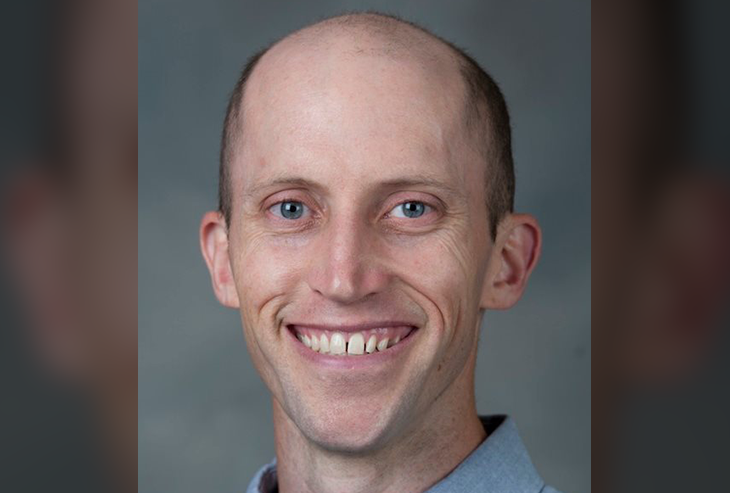This is part of a series of articles featuring responses by Elon University faculty members to questions about the novel coronavirus 2019 (COVID-19) submitted by Alamance County community members.
Editor’s note: The novel coronavirus, known as COVID-19, has created disruptions in daily life for many people. Schools, restaurants and many organizations have closed or changed the way they do business in recent days, leaving community members concerned and unsure of what to expect. This is one in a series of columns by Elon University faculty and health care experts from the local community to address common questions and provide scientific information about the epidemic. Most are not trained medical providers, so readers should talk to their doctors if they have questions about their health.

What is the safest way to shop and pump gas? We will all need fuel and food eventually.
Shopping for food and gas is still essential, and there are ways to make the process safer. First, take as few shopping trips as possible. You can have your groceries delivered by “door dashers” or pick them up at grocery stores with drive-thru services. If you go to the store, bring a bottle of hand sanitizer, and alcohol-based disinfecting wipes for surfaces you touch like the cart handle. Most baby wipes will not disinfect against viruses.
Keep at least 3 to 6 feet between you and other shoppers and workers, because COVID-19 spreads most commonly through physical contact and through coughing. Pay attention to any surfaces you and others touch, such as door handles, shopping carts, touchscreens, credit cards, and cash. It might help you to pretend everyone around you had purple paint on their fingers. Wherever you would see purple represents a surface that might have coronavirus. Keep those hand sanitizers and disinfecting wipes handy.
Is it necessary to stock up on water and toilet paper?
No, just keep using water and toilet paper like you normally do. I spoke with a grocery manager at my local Food Lion, and she said their shelves became empty because of “panic buyers” who suddenly wanted ten times as much toilet paper. She assured me that supply chains for both bottled water and toilet paper are intact and should remain so. Shelves will eventually get restocked, but the grocery manager with whom I spoke declined to give me a timeline. I just hope my family’s two rolls of toilet paper last that long.
How will we know when our public health problem is finally improving? How long will all this craziness last, and when can we resume normal life?
Just like a war, we can defeat the COVID-19 virus only when we know where to find the enemy. That means we need to do a lot of testing for COVID-19 here in the United States and worldwide. Testing is the only way we will know who is contagious and who is not.
At least one out of every three individuals infected with the COVID-19 virus never shows symptoms. A March 16th study led by Ruiyen Li and published in the journal Science estimated that prior to strict travel restrictions in China, six out of seven COVID-19 infections were not diagnosed, partly because many infected individuals did not express symptoms. That means someone living in Burlington might be spreading the virus to her family and friends right now without knowing she is infected. That is why we must all practice social distancing.
Watch closely the total confirmed number of COVID-19 cases to know when the spread is slowing. This number has been doubling nationwide every few days, but eventually it will stabilize as we finally know who has the virus and who does not.
Public health experts say we can win the war if all infected people get quarantined effectively, and we maintain social distancing for another six weeks. Social distancing ended too early during a 2003 SARS epidemic in Toronto, and a new outbreak began that was as extreme as the first.
A cheap and effective vaccine could solve the COVID-19 problem and scientists are racing to develop one. It will likely take a year or more to be widely available, however.
In summary, our war is just beginning and will likely last at least into the summer. Watch for testing to ramp up, and watch for the number of confirmed cases in our community to rise dramatically and eventually stabilize. Expect normal life to be disrupted for quite some time. Our marathon of social distancing has only begun.
Dave Gammon is a professor of biology at Elon. Reach him at dgammon@elon.edu.



